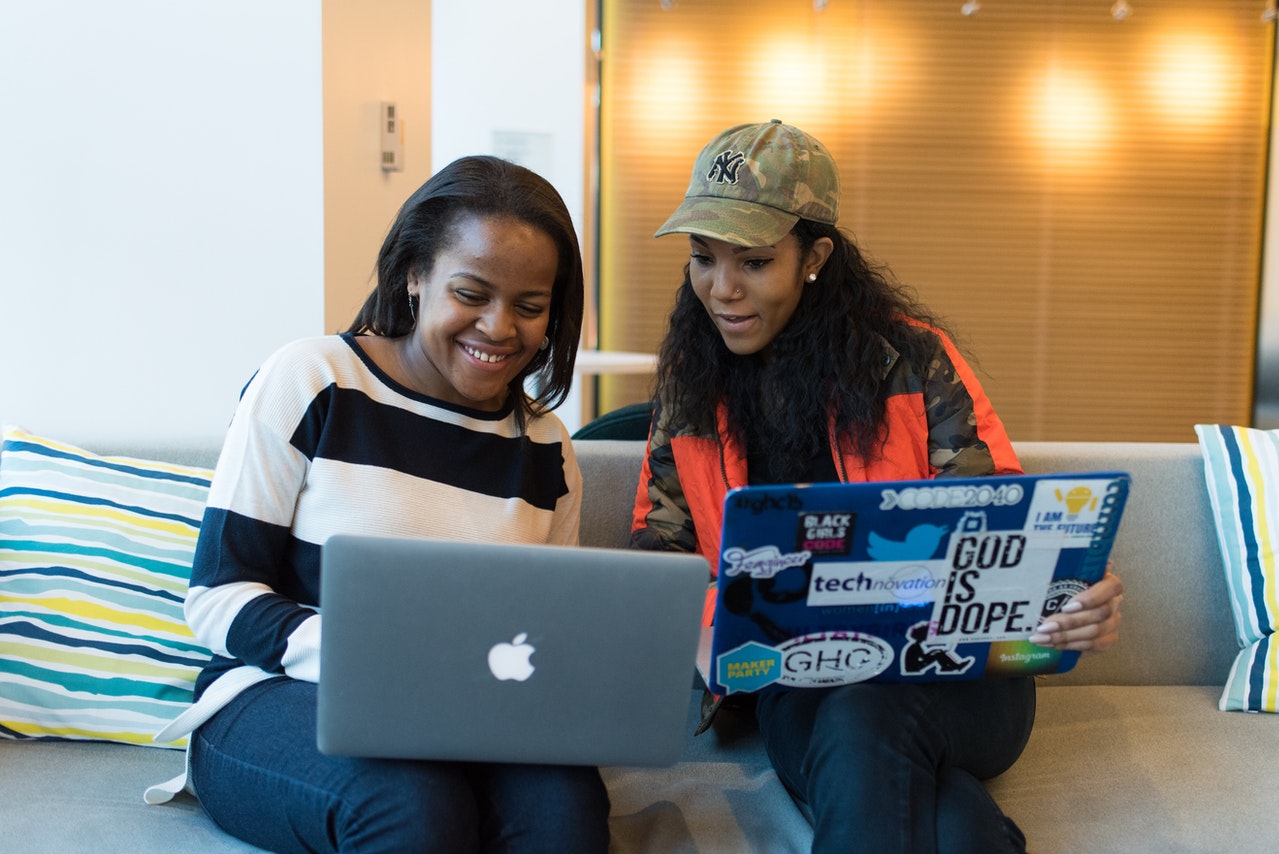Some reasons why a difficult interview is better for you
Published

Many job seekers want to get the interview over with as quickly and painlessly as possible. If your interview involves hurdles such as a skills test, a background check and a panel interview, it makes sense to ask yourself whether all of this is really necessary.
New reports from Glassdoor Economic Research However, show that the easiest interview is not necessarily the best for job seekers. There are three things here job interview , which can be tedious for job seekers but actually bring them benefits:
1. Difficult interviews
Believe it or not, enduring a difficult interview can lead to higher job satisfaction. From a Glassdoor Post from October 2015 shows that a 10 percent increase in the difficulty of an interview leads to a 2.6 percent increase in individual employee satisfaction.
It's not that candidates who get hired after difficult interviews are just happy they survived the process. Asking tougher questions and solving work examples can help employers get a fuller picture of what type of employee you might be. The more they know about your skills and personality, the more confident they will be that you are a good cultural and professional fit for the company.
When a company hires someone who doesn't fit the job, it's this one Employees often less committed and less satisfied with their work. As a result, employees who are a good fit are more engaged and happier. For this reason, companies increase the difficulty of interviews to get a better idea of whether a candidate will be successful or not.
However, there is no reason to worry about extreme interview challenges. The Glassdoor report also found that there is an optimal difficulty level for interviews; Interviews rated as “very difficult” later led to a decline in employee satisfaction. While employers may make you jump through metaphorical hoops, they won't be setting them on fire any time soon.
2. Lengthy interviews
One Glassdoor Post According to a June 2015 report, the average length of interviews in the US has increased to 22.9 days. That's almost twice as long as the 2010 average (12.6 days).
Why does it take so long to hire an applicant? This is primarily because companies are requiring applicants to take more tests than in the past. The same Glassdoor report also shows that while about the same percentage of applicants take traditional one-on-one interviews, other types of exams have increased significantly.
The number of applicants undergoing background checks increased from 25 percent in 2010 to 42 percent in 2014. Competency tests are also being carried out more and more frequently; over the same period, their share has increased from 16 to 23 percent.
However, the application process does not extend equally for all levels and job titles. Hiring for more highly qualified and senior positions takes significantly longer than for entry-level positions. These types of employees are of greater value to a company, and employers are more willing to spend time and resources to ensure they find the right candidate for the job.
This is good news for job seekers going through this long ordeal. Positions that require more skills and experience are more valuable to employers, and the people who fill these positions are compensated accordingly.
If you have to complete more and more steps during your interview, there's a good chance the company sees the position as extremely valuable. A bad hire would mean wasting money on the high salary of a less-than-ideal employee.
So be patient as you get closer and closer to the job offer. Continue to show the company that you are worth every penny they would invest in you.
3. Receive a recommendation from an employee.
Building a professional network is difficult. You have to meet a lot of different people and constantly maintain these contacts. But when you need them, you'll be glad you have a strong network.
A survey by Glassdoor from August 2015 found that being recommended for an interview by a current employee of the company increases the likelihood of being hired by 2.6 to 6.6 percent. That may not sound like a big advantage, but consider how high your chances are if you apply online. An online application is arguably the easiest way to apply for a job, but it reduces your chances of getting a job offer by 11.4 to 15 percent.
Suddenly, taking the time to network within a company before applying for a job no longer seems like a waste.
The reason employee referrals work so well for both applicants and employers is because of the personal connection between them: the recommender. Employers can be confident that their current employees know how the company works and what types of people make good office employees. Job seekers, in turn, can rely on their friends to tell them honestly what it's like to work at the company. The recommender has the best interests of both parties in mind.
This results in better matches than other sources for Interviews , e.g. B. Online applications. When a Applicant applies to a company without having an insider perspective, he doesn't really know whether the position will satisfy him. However, if you know someone at the company who thinks the role is a good fit for you and is willing to recommend you, you are more likely to find it the right role for you.
What other aspects of the interview process can be stressful for job seekers but ultimately prove beneficial?








